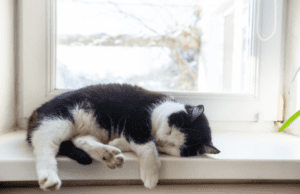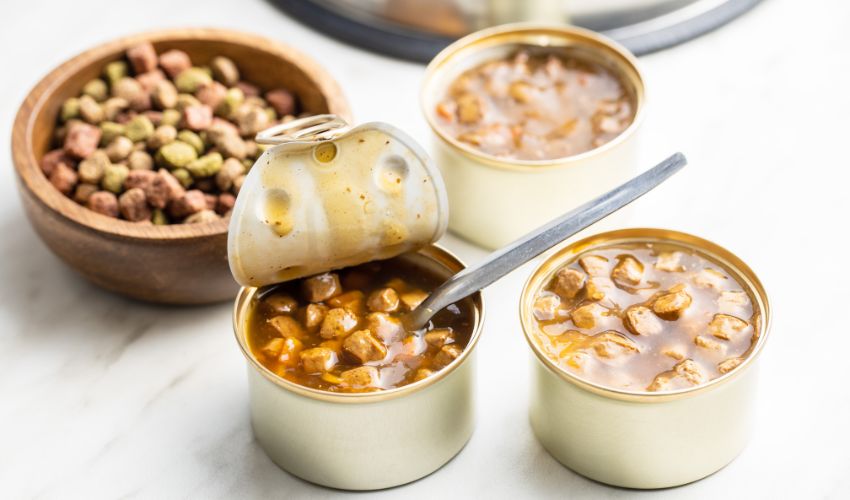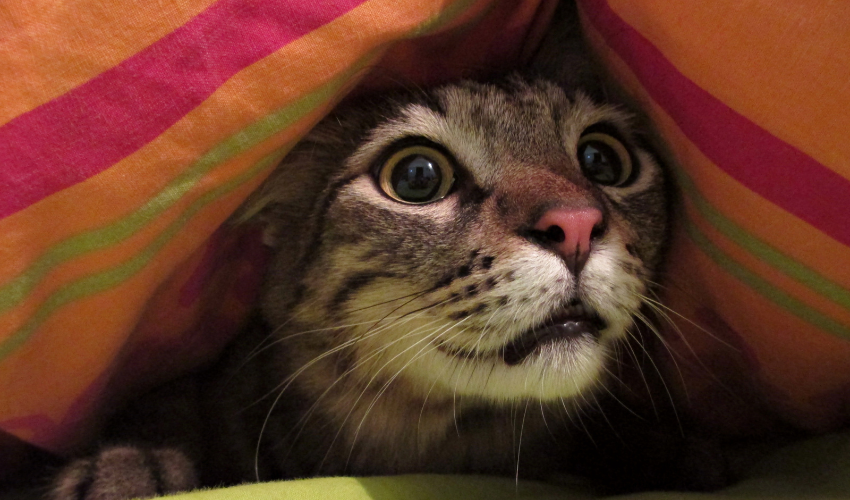Cats are known for their quirky behaviors, from chasing laser pointers to cuddling in cardboard boxes. However, cats are susceptible to various health problems, including frequent vomiting. If your cat has a knack for expelling its breakfast regularly, you’re not alone. Frequent vomiting in cats is a common concern for pet owners.
This blog post will explore the reasons behind this unpleasant habit so we can better understand our furry friend’s health and well-being and what you can do about it.
Why does my cat throw up all the time?
While occasional vomiting can be expected for cats, frequent or chronic vomiting can cause concern. So, why does your cat throw up all the time?

Let’s explore some common reasons behind this unsettling behavior and what you can do to help your cat feel better.
#1 Hairballs
One of the most common causes of vomiting in cats is hairballs. Cats are meticulous groomers; as they clean themselves, they inevitably ingest some loose fur. Over time, this hair can accumulate in their stomach, forming a hairball clump. When the hairball grows too large or becomes a gastrointestinal irritant, your cat may vomit to expel it.
Solution: Regular grooming can help reduce the amount of loose fur your cat ingests. Brush your cat to remove excess hair, and consider hairball control cat food or treats to aid digestion and passage.
On the other hand, for the hairless breeds.
Some cat breeds, like the Sphynx, are known for lacking fur. While their smooth skin might appeal to some, they don’t have the same grooming challenges as furry cats. However, it can also result in more noticeable skin oils and a higher likelihood of skin issues. Vomiting in hairless cats can be attributed to skin irritation or allergies.
#2 Sudden diet changes
Cats can be picky eaters, and abrupt dietary changes can upset their stomachs. Whether you’ve switched to a new cat food brand or introduced a new treat, your cat might disagree with the sudden shift in their diet, leading to vomiting and might cause an issue.
Solution: If you need to change your cat’s diet, do it gradually over a week or two to give their digestive system time to adapt. Start by mixing the new food with the old, gradually increasing the new food’s proportion until the transition is complete.
#3 Dehydration
When your cat is dehydrated, it might cause excess vomiting. Ensure that your cat has a clean, fresh supply of water all the time. Dehydration may also occur due to underlying health problems, so contact your vet for further testing.
Solution: If you have a busy schedule and are not always present to refill your cat’s water bowl, consider investing in automatic water dispensers.
#4 Eating too quickly
Cats are known for their eagerness at mealtime, and some may gobble down their food at an alarming pace. Eating too quickly can cause your cat to swallow air and food, leading to digestive discomfort and vomiting shortly after eating.
Solution: Consider using slow-feeding bowls or puzzle feeders to prevent your cat from inhaling their food. These can help slow down their eating and reduce the likelihood of vomiting.
#5 Food allergies and sensitivities
Just like humans, cats can have food allergies or sensitivities. Some common allergens include specific proteins like chicken, fish, or dairy products. If your cat has a sensitivity or allergy to an ingredient in their food, it can lead to chronic vomiting.
Solution: Consult your veterinarian if you suspect your cat has food allergies or sensitivities. They can help identify the problematic ingredient and recommend a hypoallergenic diet.
#6 Foreign objects and toxins
Cats are curious creatures and may ingest items they shouldn’t. Consuming foreign objects, toxic plants, or chemicals can lead to vomiting as the body tries to expel the harmful substances.
Solution: Keep your home cat-proofed by removing potential hazards and toxic plants. Supervise your cat during playtime, and be cautious with small objects that might entice your feline friend.
#7 Stress and anxiety
Cats are sensitive to changes in their environment and routine. Significant changes like moving to a new home, introducing a new pet, or changing their family structure can trigger anxiety, which may lead to vomiting.
Solution: Providing a stable and comforting environment for your cat and using pheromone diffusers and other calming strategies can help ease their stress and reduce the likelihood of vomiting.
Cat wellness always
While occasional vomiting is normal for cats, persistent vomiting indicates something might be amiss. Identifying the cause of your cat’s vomiting is essential in finding a solution. Pay attention to your cat’s behavior, monitor their overall health, and consult your veterinarian if you’re concerned.
Understanding why your cat is always vomiting is the first step in helping them feel better. By taking appropriate precautions and seeking professional advice when necessary, you can ensure your furry friend is happier and healthier.
Learn more about pet resources and connect with other animal lovers!
Become a Dooberteer, and together, we can make a difference in the lives of our pets.













